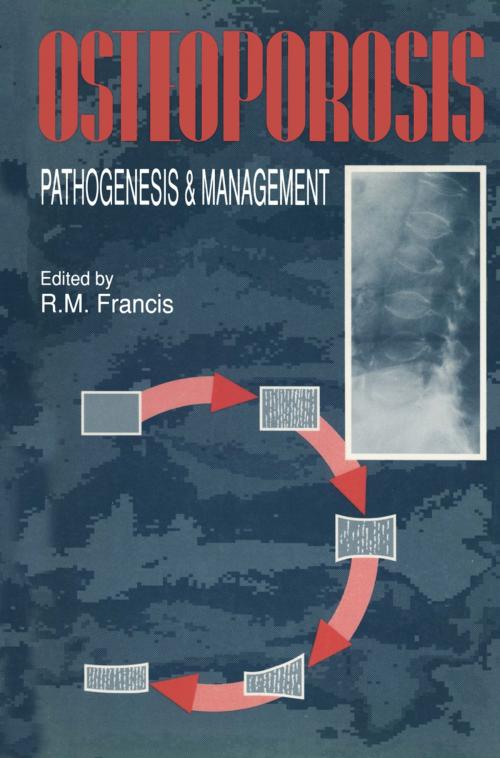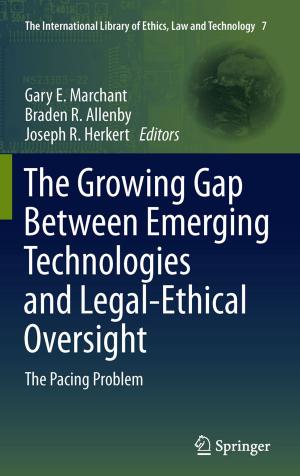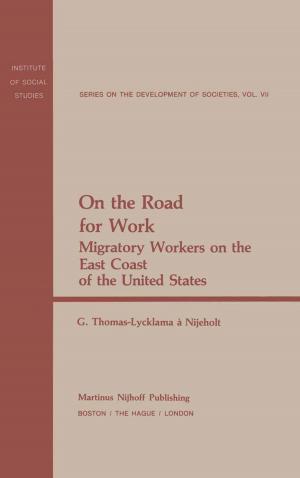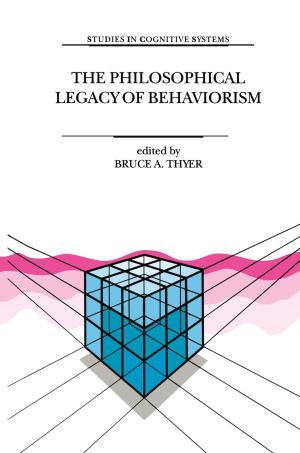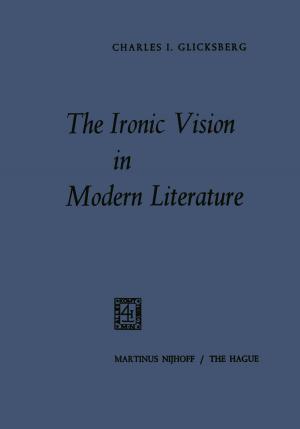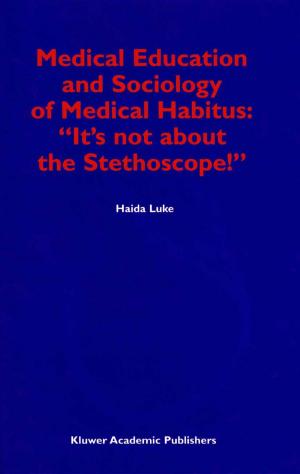Osteoporosis
Pathogenesis and Management
Nonfiction, Health & Well Being, Medical, Specialties, Rheumatology, Internal Medicine, General| Author: | ISBN: | 9789401095808 | |
| Publisher: | Springer Netherlands | Publication: | April 17, 2013 |
| Imprint: | Springer | Language: | English |
| Author: | |
| ISBN: | 9789401095808 |
| Publisher: | Springer Netherlands |
| Publication: | April 17, 2013 |
| Imprint: | Springer |
| Language: | English |
Osteoporosis is one of the most important diseases facing the ageing population because of the high prevalence of fractures, the enormous costs in health care funds required to deal with the consequence of these fractures, and the substantial effect in terms of suffering and disability. One-third of women over age 65 will have vertebral fractures, and the li fe-time risk ofhip fracture in white women (15%) is as great as that ofbreast, endometrial, and ovarian cancer combined. The life-time risk of hip fracture in men (5%) is as great as the risk of prostate cancer. Hip fracture is fatal in up to 20% of cases. One-half of survivors are unable to walk unassisted and 25% are confined to long-term ca re in nursing hornes. The recent awareness that osteo porosis is a treatable and partly preventable disease of the elderly, and not just the inevitable consequence of ageing, comes at a time of rapid progress in measurement of bone mass and in a better understanding of the physiology and pathophysiology of bone cell function.
Osteoporosis is one of the most important diseases facing the ageing population because of the high prevalence of fractures, the enormous costs in health care funds required to deal with the consequence of these fractures, and the substantial effect in terms of suffering and disability. One-third of women over age 65 will have vertebral fractures, and the li fe-time risk ofhip fracture in white women (15%) is as great as that ofbreast, endometrial, and ovarian cancer combined. The life-time risk of hip fracture in men (5%) is as great as the risk of prostate cancer. Hip fracture is fatal in up to 20% of cases. One-half of survivors are unable to walk unassisted and 25% are confined to long-term ca re in nursing hornes. The recent awareness that osteo porosis is a treatable and partly preventable disease of the elderly, and not just the inevitable consequence of ageing, comes at a time of rapid progress in measurement of bone mass and in a better understanding of the physiology and pathophysiology of bone cell function.
